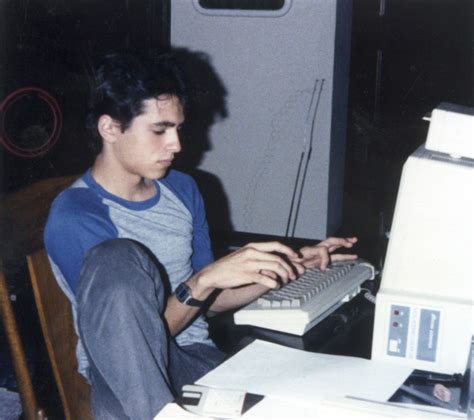A Quote by Linus Torvalds
There are lots of Linux users who don't care how the kernel works but only want to use it is not only a tribute to how good Linux is, but it also brings up issues that I would never have thought of otherwise.
Related Quotes
Linux has more than satisfied any small initial expectations I had. It's simply incredible how successful Linux has been, and how good a time I've had developing it and leading the project. It does take a lot of my time, but it's time I really enjoy spending, and Linux has continued to be challenging both technically and from a managing standpoint.
A lot of people want to have market share numbers, lots of users, because that's how they view their self worth. For me, one of the most important things for Linux is having a big community that is actively testing new kernels; it's the only way to support the absolute insane amount of different hardware we deal with.




























